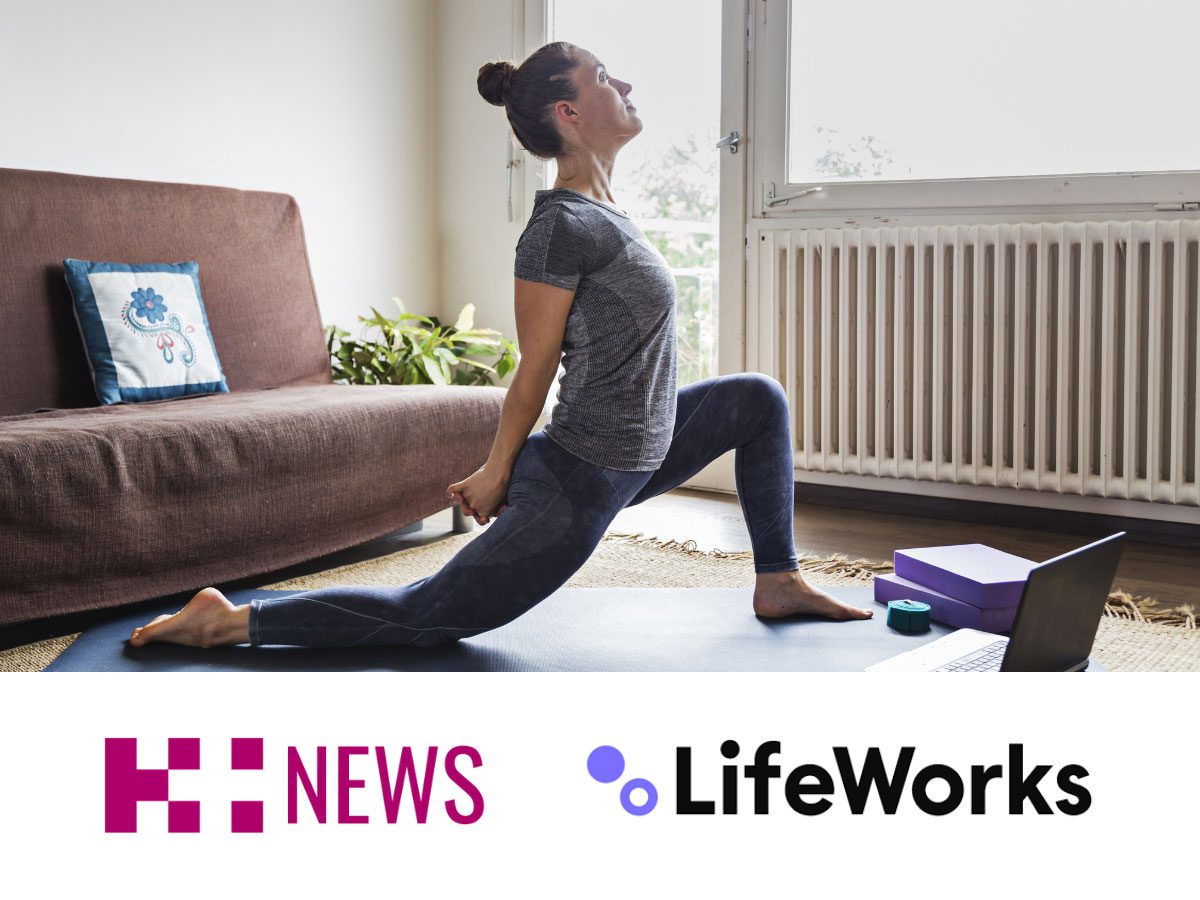
How to Use Your Benefits for Self-Care

How to Use Your Benefits for Self-Care
A lot goes into good health. Luckily, you probably practice self-care whether you realize it or not. If you're looking to ramp up your self-care routine, the benefits provided with your insurance plan can help.
Mental Health
Paying attention to our mental and emotional wellbeing is crucial to self-care. Mental health impacts our physical and social wellbeing. Accessing professional counselling through LifeWorks Employee Assistance Program (EAP) is a great step for staying healthy. LifeWorks is available to all Health Plus PRIORITY and OPTIMUM plan members, no matter where you work. You and your dependents can connect virtually with a trained counsellor who will assess your unique needs, and access a wide range of digital resources.
Physical Health
When your physical health is suffering, it impacts all areas of your life. Sometimes taking care of ourselves can feel like a challenge. Simple proactive steps can make a difference.
- Visit a practitioner to help deal with a nagging injury before it becomes chronic
- Schedule your regular dental cleaning to help keep your teeth and gums healthy.
- If you are struggling with medication, see if you are eligible for pharmacogenetic testing. Available to all Health Plus plan members, it tests your DNA drug compatibility.
Fitness
Physical activity helps manage stress, boost your mood and immune system, and reduce the risk of developing chronic illness. Increasing your level of activity can be as simple as going for a walk. Or try the LIFT online platform offered through LifeWorks. Complete an easy fitness evaluation then get access to a library of online workout videos targeted to your goals.
Financial
Finances are a significant source of stress for many Canadians, especially in recent years. The simple decision to purchase health insurance is an act of self-care. It helps protect you from the often devastating financial impact of future health issues.
The Financial Wellbeing Toolkit available to Health Plus members in the LifeWorks portal provides excellent resources, whether you are currently struggling or just want to better prepare yourself for the future.
Knowledge
Learning more about how to improve physical, emotional, financial, and social wellbeing is an act of self-care. It doesn’t have to be a chore. Browse the Resources section of the LifeWorks portal for a topic of interest, whether that’s nutrition, leadership skills, coping with trauma, mindfulness, or balancing family and work life.
The ultimate reason for insurance is to protect yourself in case of serious illness or injury. But, that doesn’t mean it can’t be part of your self-care toolkit today. Learn more about Health Plus Wellness Benefits. Self-care is personal. Choose the resources that are best for you.












